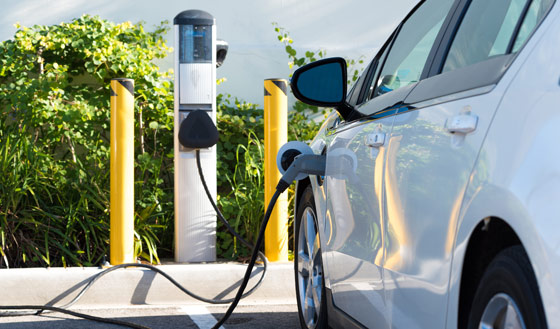In 2000, Al Gore would have won the Presidential election had we counted the national popular vote as opposed to using the electoral college. After the election democrats like Hillary Clinton voiced their displeasure with the electoral college and suggested that the system should be eliminated and that the US should switch to a direct election system.
It was believed that making such a switch would require the support of at least 38 states in order to pass a new Constitutional amendment. However, the National Popular Vote organization may have a found a creative way to bypass the traditional electoral college and is heavily lobbying certain state legislatures to effect the change:
A group called National Popular Vote (NPV) is pushing state legislatures to enter into a compact that calls for them to allocate their electoral votes in a particular presidential election to the candidate who gets the most votes nationwide rather than to the contender who gets the most votes in their state. NPV argues that the legislation “would reform the Electoral College so that the electoral vote reflects the choice of the nation’s voters” for president.
However, Tara Ross, author of Enlightened Democracy: The Case for the Electoral College, cautions that under such a plan, the 11 largest states — with a total of 271 electoral votes — could band together and elect the president.
“If you got those 11 biggest states to all agree to do that, you would be switching to a direct election system,” she explains. “By contrast, if you were to try to formally get rid of the Electoral College through a constitutional amendment, that would take 38 states, which is a much higher hurdle to climb and one they think they can’t climb, which is why they’re trying to do it through this kind of end-run around the constitutional process.”
Ross has a suggestion as to why the NPV is pushing for this change. “What I think they must think is that they have strength in the urban areas and in the heavily populated areas,” she suspects. “So therefore, if you switch to an individual election, then they can just go focus on those people and rack up votes there, and it will end up helping their cause.”
The political analyst notes that five states have already joined the compact — Hawaii, Illinois, Maryland, New Jersey, and Washington (a total of 61 electoral votes). Five more states (California, Colorado, Massachusetts, Rhode Island, and Vermont) could join in the near future.
According to Article 2, Clause 2 of the US Constitution, the power to determine how a State’s electoral college is to be appointed is reserved for the states themselves:
Each State shall appoint, in such Manner as the Legislature thereof may direct, a Number of Electors, equal to the whole Number of Senators and Representatives to which the State may be entitled in the Congress: but no Senator or Representative, or Person holding an Office of Trust or Profit under the United States, shall be appointed an Elector.
The NPV seems to have figured out a way to bypass the traditional assignment of the electoral college, which, in most states, assigns the electoral college based on a state’s popular vote.
The new legislation would effectively leave a state’s decision of who is assigned to the electoral college to the national popular vote.
If, for example, the residents of Hawaii overwhelming support a particular candidate, but the national popular vote supports that candidate’s competitor, Hawaii’s electoral vote would be assigned to the national winner, as opposed to the state winner.
Because the Constitution allows for state legislatures to determine their own method of assigning the electoral college, no Constitutional amendment is necessary. While the changes may not be seen as a positive development for the state of our Republic and would likely leave many of the founding fathers shaking their heads, they seem to be perfectly legal under the Constitution.










0 Comments